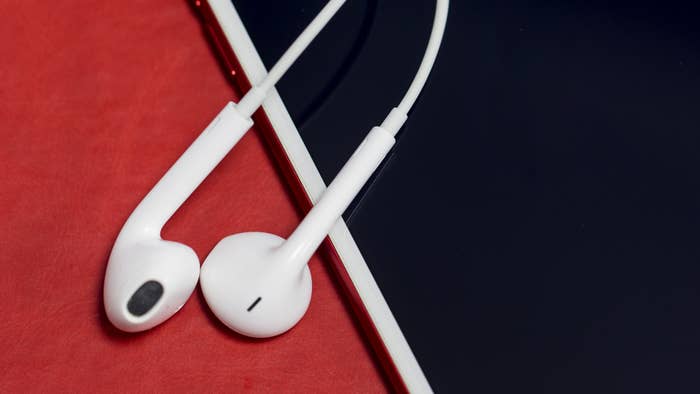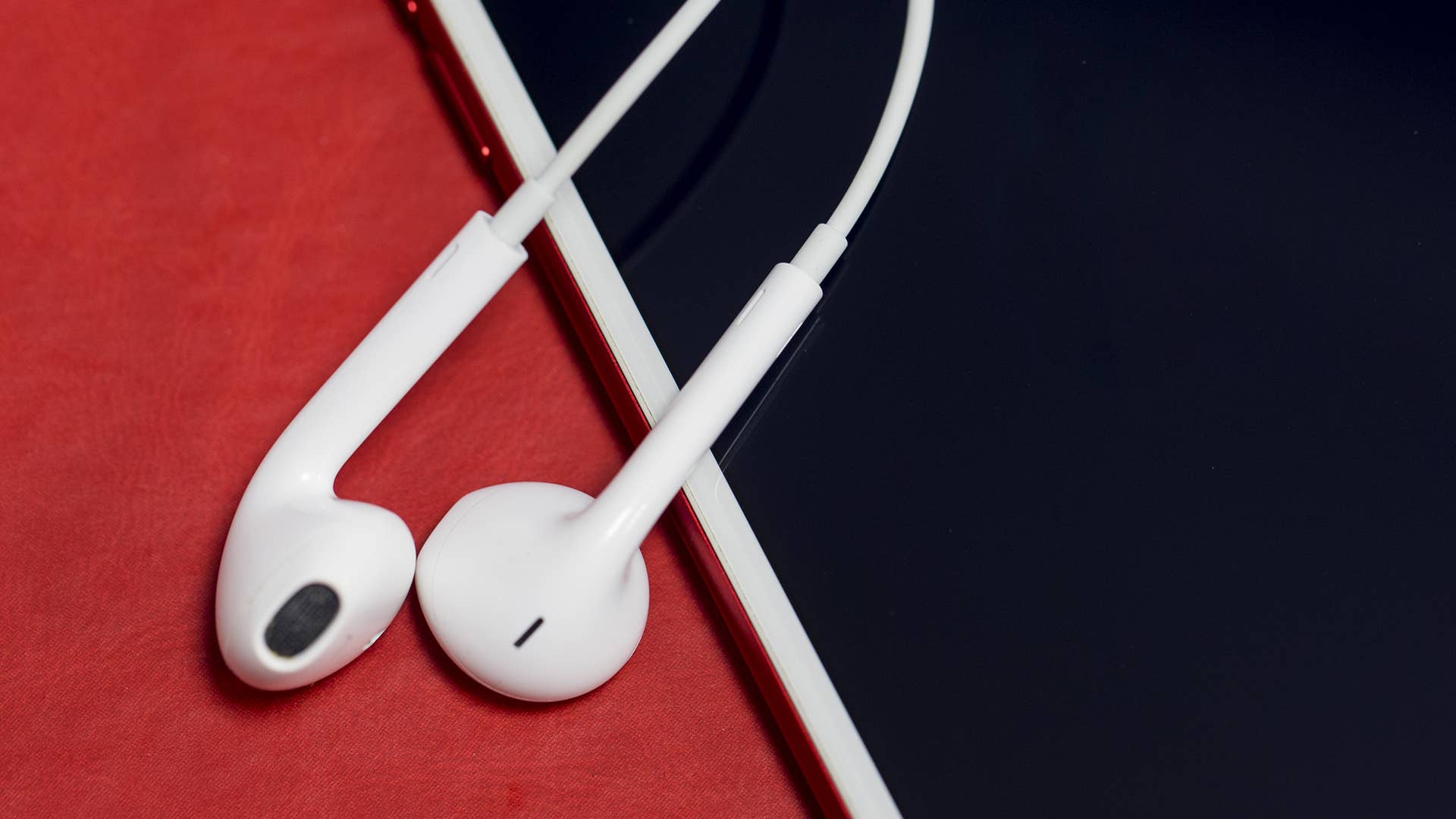
The deluxe album trend. Some hate it, some love it. Lil Uzi Vert has been praised for reigniting the release strategy in the streaming era with LUV vs. the World 2 and Metro Boomin says it’s now “burnt out.”
Either way, it seems like it’s here to stay. During the pandemic, as artists searched for ways to supplement lost income from canceled shows, it became an increasingly popular practice to release deluxe albums shortly after the initial release day. Some of them have just two or three new songs and others act as complete standalone albums with at least a dozen new tracks.
Deluxe albums have existed for decades, of course, but in the streaming era they have taken on new shapes and sizes. It’s a way to boost streams and feed the insatiable hunger of fans. And so far, the reaction has been mixed. For every fan pestering their favorite artist to drop a deluxe, there’s another who is ready to say “keep it.” As the trend continues to evolve, members of the Complex Music staff weighed in with our thoughts on how much music is too much music.
Eric: Whenever an artist released a deluxe album last year, there were usually comments like “no one asked for this.” And in theory, I can agree with the perspective that less is more. Artists like Kendrick Lamar and Frank Ocean have built incredible legacies by being selective with the music they’ve decided to share with the world. But complaining about new music has always been a ridiculous concept to me. No one is forcing you to listen to these deluxe albums if you don’t want to. They serve a purpose. Hardcore fans will be happy to hear new music, and casual listeners can pick through and save their favorite songs to playlists. We always hear stories about rappers like Future and Thug making eight songs in a night, so why not share some of those with fans? During a pandemic when artists were scrambling for ways to make money, this trend makes sense. I will admit one downside, though, is it opens the door for fans to start pressuring artists into dropping more music just moments after the release of a new project. Watching fans hound Playboi Carti to release a deluxe album full of leaks within hours of Whole Lotta Red dropping was a low point. Let him live for a minute. He finally dropped the album!
Andre: This trend feels like major labels’ answer to video game DLC, and their latest attempt to drive up streams and ultimately Billboard relevance. Fans may not care about that reality if it means more music for them to enjoy, but numbers based decisions do no good for anyone. That’s the game major label acts are in though, so as long as they get thoughtful about how to operate within these new confines, we can make the most of it.
Jessica: The deluxe album trend has been a good addition to the music industry over the last year. Releases slowed because of COVID, and people were craving more music from their favorite artists, so deluxe albums filled the void. Fans received new songs, and artists capitalized off boosted streams. Deluxe albums were a good compromise in 2020, and in some cases, the music didn’t suffer: Lil Baby’s My Turn deluxe produced huge records like “We Paid,” “All In,” and the Grammy-nominated “The Bigger Picture.” Of course, there were other cases like Gunna’s Wunna, which debuted at No. 1 on the Billboard 200, but then none of the singles from the deluxe seemed to land. As we move away from COVID restrictions, though, this could become an exhausting trend. Most people don’t want to sit with a 30-track project, even if it is released weeks apart.
Eric: It’s all about pacing. No one wants to hear 14 new Nav songs just three days after he dropped an 18-song album, like he did with Good Intentions and Brown Boy 2 last year. (Unless you’re Lil Uzi Vert; what he did with the back-to-back albums was effective because he hadn’t released a project for three years). Lil Baby’s My Turn deluxe album was successful because he spaced things out by a couple months while buzz grew from the initial release. The best deluxe projects act as mini albums between projects to keep fans interested.
Andre: Now that they’re apparently here to stay, artists and their teams should factor in the deluxe during the initial creative process. Giving them a practical purpose beyond “let’s add a couple cutting room floor songs” makes sense for everyone.
I liked the way 50 Cent and the team did Pop Smoke’s album, releasing a deluxe featuring the drill artists that some people were looking for on the original project. I think that’s a model for compilations and groups going forward, where you want to give shine to lesser-known artists and use the buzz of an in-demand album—but not on the original album. I bet in this climate, 26-year-old 50 Cent would have made the deluxe version of one of his solo projects a G-Unit album just to give them that look.
I think what Uzi did with LUV vs. the World 2 was dope, capitalizing off the hysteria of Eternal Atake with a new project that had the same kind of soundscape and themes. What if Kendrick was in a market where he could’ve made Untitled Unmastered the To Pimp a Butterfly deluxe? I also wonder if one day someone may expand on what Kanye was doing when he kept touching up The Life of Pablo with a deluxe project full of “reloaded” versions of songs. I would love to hear someone changing production elements of songs, releasing extended verses, adding bridges/outros/skits, etc. That’s a cool entry point for certain artists to embrace their die-hards who will sit through five-minute versions of every song.
Jessica: There are two ways that work well. The first is to release deluxe albums with just a few extra songs. There are no rules that say artists have to drop 12 new songs on the deluxe. The Weeknd’s After Hours deluxe contained an additional three tracks, with only one of them containing a feature. None of the records charted, but they also didn’t take away from how great his original body of work was. The second way of releasing a deluxe album is through strong marketing. Dua Lipa marketed the deluxe edition of Future Nostalgia as “The Moonlight Edition,” which included eight new songs that she recorded during the process of the original album, but ultimately didn’t make the cut. On Instagram, the deluxe was being described as the “B-sides.” Marketing like this is important because it came with another album cover and other promotional strategies, but it never ventured too far from Dua Lipa’s original album concept.
Eric: Dropping too much music can slow momentum, but I don’t think anyone is going to completely fall off just because of their release habits. If the music is great, it doesn’t matter how much music you’re dropping. The only issue is when the music you’re putting out is repetitive and the sheer volume takes away from the impact of individual songs. We saw that last year when DaBaby kept putting out projects while fans were complaining about his flow sounding similar from one song to the next. In his situation, spreading out projects may have helped with overall fatigue from fans.
Andre: Absolutely, depending on one’s definition of “too much.” It feels like most artists who flooded the market ended up fatiguing listeners, especially if it’s a repetitive sound. The only artists who get away with being generally prolific are indie artists who are exploring different sounds, working with different producers, and putting together unique concepts every project. But if you’re simply offering fans what’s in demand, eventually it will no longer be in demand.
Jessica: No artist is at risk of being canceled for dropping a deluxe album that doesn’t measure up to the original, especially if the first part of the project was exceptional. But this question goes beyond just deluxe albums. At some points in their careers, artists like Future, Gucci Mane, and Migos were known for dropping a lot of music back to back. It was too much for some, but it didn’t significantly hinder their careers. Artists who never take a break run the risk of losing some of the excitement surrounding their next release, but odds are people will still listen.
Eric: Flooding the market can work really well during the come-up years. We’ve seen artists like Lil Baby and Migos have success by releasing a lot of music in the early stages of their careers while building a fan base. This opens up more chances for a hit song to take off and increases overall exposure. The trick is to know when to slow down and become more selective once the fan base reaches a certain point. Lil Baby timed it all perfectly by stepping on the brakes before My Turn and building anticipation.
Andre: When you flood the market you’ll be the topic of the moment, which leads to being a go-to for features. Being in demand allows you to raise your show and feature prices, provided you’ve appeared on some noteworthy songs.
Jessica: More music means a greater potential to land a hit. Also, artists who flood the market aren’t forgotten or tossed aside like some artists who wait years in-between to drop a project.
Eric: I’ll go with a baker’s dozen. Maybe that’s because I was just listening to Roddy Ricch’s favorite album of all time (Kanye’s My Beautiful Dark Twisted Fantasy) which has 13 songs, but I think it’s an ideal number. A tracklist that size gives an artist enough room to play around with a full narrative if they want to, while checking the different boxes that fans come to them for, without feeling bloated. Thirteen songs means the album will likely be around 45 minutes or an hour long, which is the sweet spot for me.
Andre: Eight to 13 songs. Nowadays, you can quell your urge to drop 23 songs by just putting the rest on the deluxe.
Jessica: The sweet spot for album lengths is around 14 to 15 songs. This way, fans aren’t overloaded with new music, but they also have enough to hold them until the next music cycle.
Eric: I don’t think there’s a number. It depends on the artist and everything going on in their world at the time. Some can get away with five-year breaks and others will see a dip in popularity if they don’t release something every year. As a fan, I prefer when artists drop a project at least once every two years, but it’s not up to the fan. Artists should release music when they’re comfortable releasing music.
Andre: I’m never going to tell an artist when to release music. Their release schedule is their prerogative. We’re just listeners. We should adjust our music listening experience to reconcile our desire for new music with the reality that artists don’t owe us anything.
Jessica: Four to five years is pushing it. Of course, there are exceptions to this. Rihanna hasn’t put out an album in five years, and the excitement for her return is still there. Frank Ocean, who is notorious for disappearing from the limelight, waited four years between Channel Orange and Blonde, but the love never waivered. And Adele released 25 four years after 21. There are instances where the wait overshadows everything else, though. Dej Loaf, for instance, waited six years after releasing her breakout single “Try Me” to drop her debut studio album Sell Sole II. The gap ultimately hurt her career because in her absence, several other artists popped up with a similar sound and swagger.
